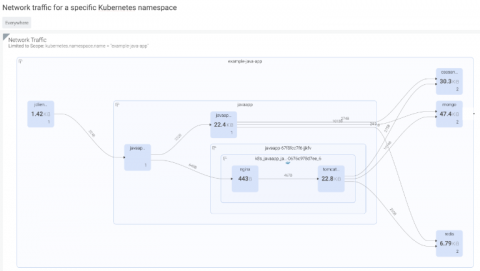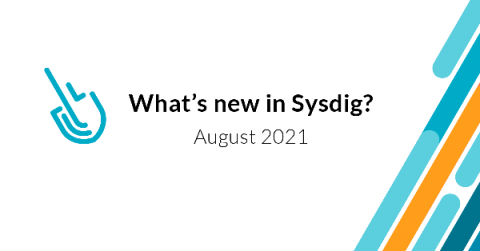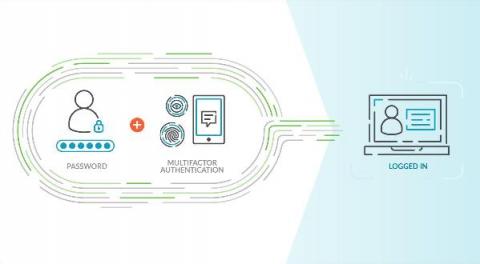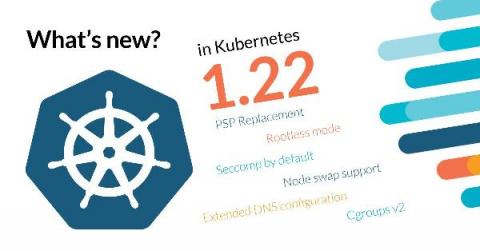NIST 800-53 compliance for containers and Kubernetes
In this blog, we will cover the various requirements you need to meet to achieve NIST 800-53 compliance, as well as how Sysdig Secure can help you continuously validate NIST 800-53 requirements for containers and Kubernetes. NIST 800-53 rev4 is deprecated since 23 September 2021 Read about the differences between versions down below →











